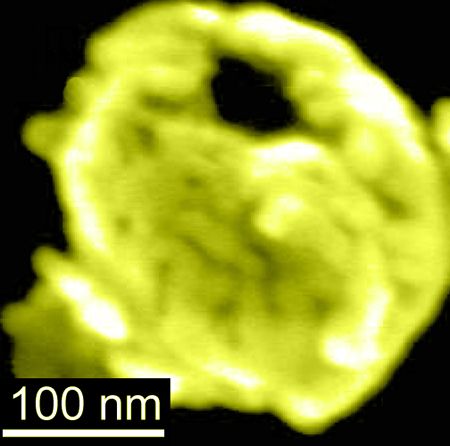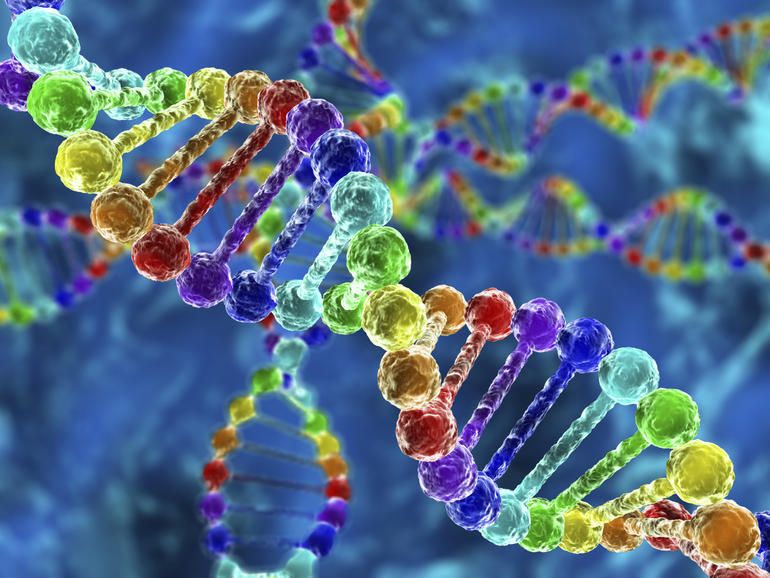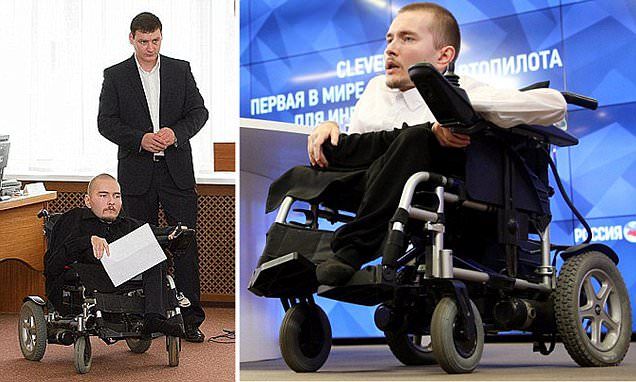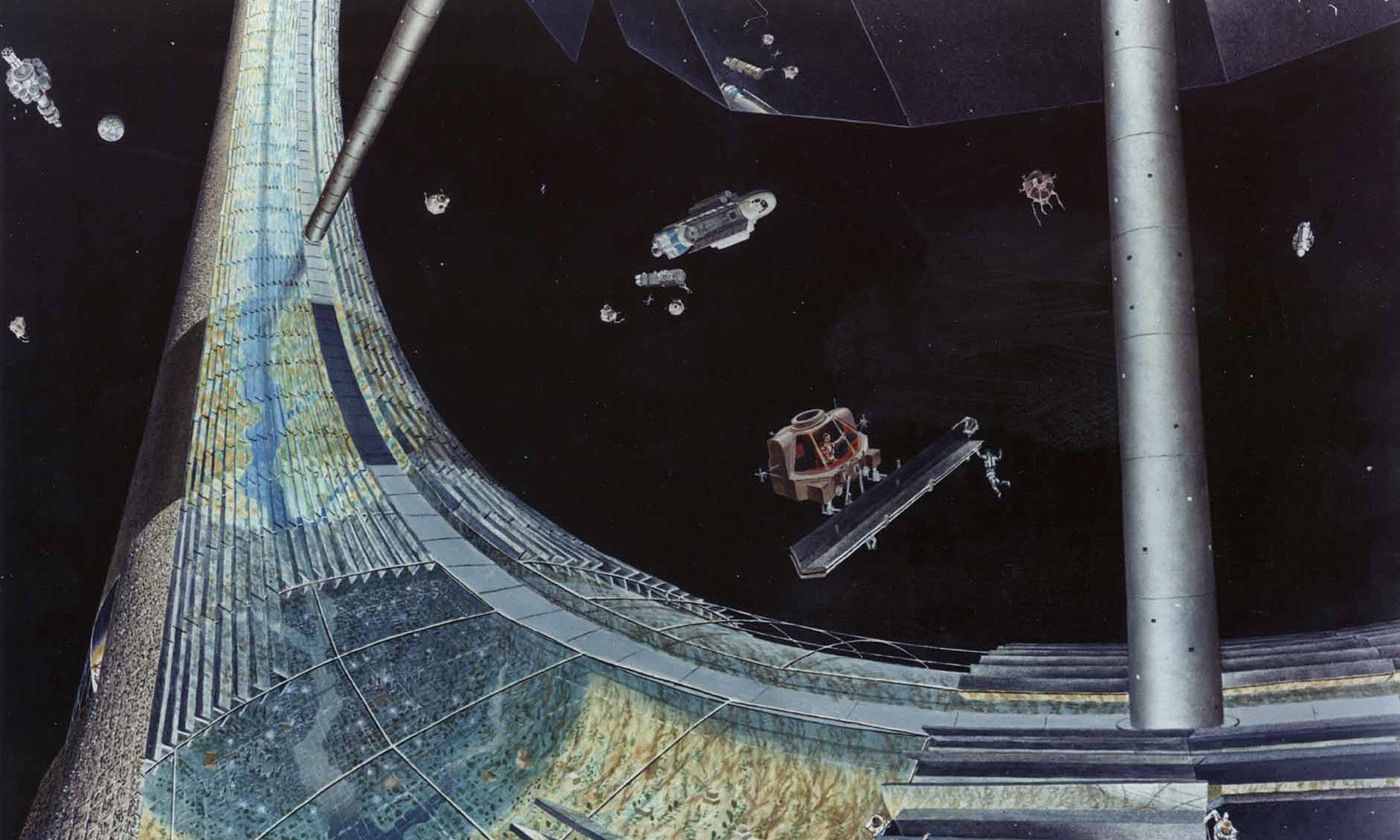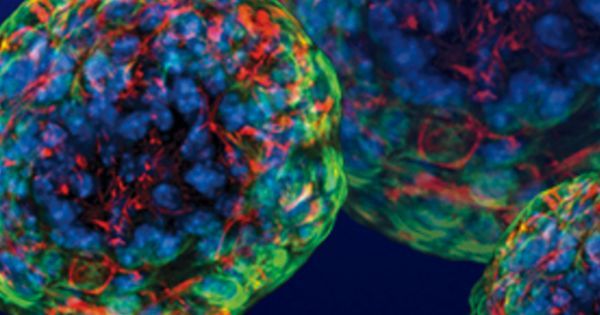Archive for the ‘biotech/medical’ category: Page 2640
Aug 3, 2016
NSW minister reckons innovation runs in Australia’s DNA
Posted by Karen Hurst in categories: biotech/medical, innovation
Hmmm; ok, hmmm.
NSW Minister for Trade, Tourism and Major Events Stuart Ayres has said that innovation is ingrained in the DNA of Australians as the nation has always found a way to ‘make things happen’.
Aug 3, 2016
Germs May Help Shape Our Personalities
Posted by Karen Hurst in category: biotech/medical
Who knew.
It’s all connected! Recent rodent research suggests that immune responses and social behavior may be more intertwined than we realized.
Aug 3, 2016
World’s first human head transplant patient awaiting new information
Posted by Dan Kummer in category: biotech/medical
Valery Spiridonov, from Russia, is set to undergo the risky procedure next year. The 31-year-old, who is wheelchair reliant due to a muscle-wasting disease, spoke at a press conference today.
Aug 3, 2016
Effective Therapies to Extend Healthy Life May Well be Widely Available for a Decade or More in Advance of Definitive Proof
Posted by Montie Adkins in categories: biotech/medical, food, life extension
Fixing one thing only gets you so far, as all the other forms of damage will still, on their own, kill you. Aubrey de Grey of the SENS Research Foundation believes that only small gains in overall life span are possible without addressing all of the causes of aging.
Five years from now, it will be possible to take a trip overseas to have most of the senescent cells that have built up in your tissues cleared away via some form of drug or gene therapy treatment. That will reduce your risk of suffering most age-related diseases, and in fact make you measurably younger — it is a narrow form of rejuvenation, targeting just one of the various forms of cell and tissue damage that cause aging, age-related disease, and ultimately death. I say five years and mean it. If both of the present senescent cell clearance startup companies Oisin Biotechnologies and UNITY Biotechnology fail rather than succeed, and it is worth noting that the Oisin founders have a therapy that actually works in animal studies, while drugs and other approaches have also been shown to both clear senescent cells and extend life in mice, then there will be other attempts soon thereafter. The basic science of senescent cell clearance is completely open, and anyone can join in — in fact the successful crowdfunding of the first Major Mouse Testing Program study earlier this year was exactly that, citizen scientists joining in to advance the state of the art in this field.
Five years from now, however, there will be no definitive proof that senescent cell clearance extends life in humans, nor that it reduces risk of age-related disease in our species over the longer term. There will no doubt be a few more studies in mice showing life extension. There will be initial human evidence that clearance of senescent cells causes short-term improvements in technical biomarkers of aging such as DNA methylation patterns, or more easily assessed items such as skin condition — given how much of the skin in old people is made up of senescent cells — or markers of chronic inflammation. These are all compelling reasons to undertake the treatment, but if you want definite proof of life extension you’ll have to wait a decade or more beyond the point of first availability, as that is about as long as it takes to put together and run academic studies that make a decent stab at quantifying effects on mortality in old people.
Aug 3, 2016
Crowdfunding Progress Towards a Universal Therapy for All Cancers: an Interview with SENS Research Foundation Scientist Haroldo Silva
Posted by Steve Hill in categories: biotech/medical, life extension
An interview with SENS research Dr. Haroldo Silva and his work with ALT Cancer.
As you might have noticed, the SENS Research Foundation is presently asking for your support in a crowdfunding campaign that aims to close in on a universal therapy capable of effectively treating all types of cancer, one based on blocking telomere lengthening. As is often the case, the SENS network is here using philanthropic donations to pick up necessary work that hasn’t been taken on by the rest of the community, so as to unblock progress. The scientist who will lead the work is Haroldo Silva; he has been focused on this particular branch of cancer research for some years now, and below you’ll find a short interview that covers some of his thoughts on the field and on this effort in particular.
I should emphasize that this SENS initiative is an important component in efforts to completely change the way in which the research community approaches the treatment of cancer. The cancer research community suffers from a high level strategy problem: the majority of treatments are only applicable to a small number of cancer types, out of the hundreds of known types, and the majority of new technology platforms under development will be just as expensive to adapt to a different type of cancer as to build in the first place. A much more efficient approach is needed, as there are only so many researchers and only so much funding in the world. As Silva describes below, blocking telomere lengthening is the most efficient of possible better approaches: all cancers must lengthen their telomeres in order to grow, and abuse a small number of target mechanisms in order to do so.
Aug 3, 2016
Would it be immoral to send out a generation starship?
Posted by Andreas Matt in categories: biotech/medical, education, ethics, food, health, neuroscience, security, space travel
If human beings are ever to colonise other planets – which might become necessary for the survival of the species, given how far we have degraded this one – they will almost certainly have to use generation ships: spaceships that will support not just those who set out on them, but also their descendants. The vast distances between Earth and the nearest habitable planets, combined with the fact that we are unlikely ever to invent a way of travelling that exceeds the speed of light, ensures that many generations will be born, raised and die on board such a ship before it arrives at its destination.
A generation ship would have to be a whole society in microcosm, with hospitals and schools, living quarters and perhaps entertainment districts, a security force, maybe even a judiciary. It would need to be able to provide food for its crew, and that might require agriculture or aquaculture, perhaps even domestic animals (which might also be needed for the colonisation effort). Its design therefore presents a major challenge: not just to engineers but also to social scientists. How should the crew be selected and the environment structured to minimise interpersonal conflict? What size of population is optimal for it to remain committed to the single overarching project of colonising a new planet without too much of a risk of self-destructive boredom or excessive narrowing of the gene pool? Does mental health require that a quasi-natural environment be recreated within the ship (with trees, grass and perhaps undomesticated birds and small animals)?
As well as the technological and social challenges confronting the designers of such ships, there are fascinating philosophical and ethical issues that arise. The issue I want to focus on concerns the ethics of a project that locks the next generation into a form of living, the inauguration of which they had no say over, and that ensures their options are extremely limited.
Continue reading “Would it be immoral to send out a generation starship?” »
Aug 3, 2016
Google is Developing ‘Bioelectronic Medicines’ to Try And Cure Chronic Illnesses
Posted by Shailesh Prasad in categories: biotech/medical, electronics
Verily and GlaxoSmithKline have partnered to form Galvani Bioelectronics, a new company which will focus on the research, development, and commercialization of bioelectronics. One of the first projects will be to develop a precision device that can fix type 2 diabetes.
Verily, formerly known as Google Life Sciences, is partnering with GlaxoSmithKline (GSK) to develop bioelectronic medicines that can “harness electrical signals in the body to treat chronic disease.”
The collaboration marries GSK’s pharmaceutical expertise with Verily’s prowess in developing tiny low power electronics. The unification will result in a new company called Galvani Bioelectronics, after Italian scientist Luigi Aloisio Galvani who was an early pioneer of bioelectricity.
Aug 3, 2016
CRISPR could help scientists rewrite human DNA, develop perfect ‘being’
Posted by Shailesh Prasad in category: biotech/medical
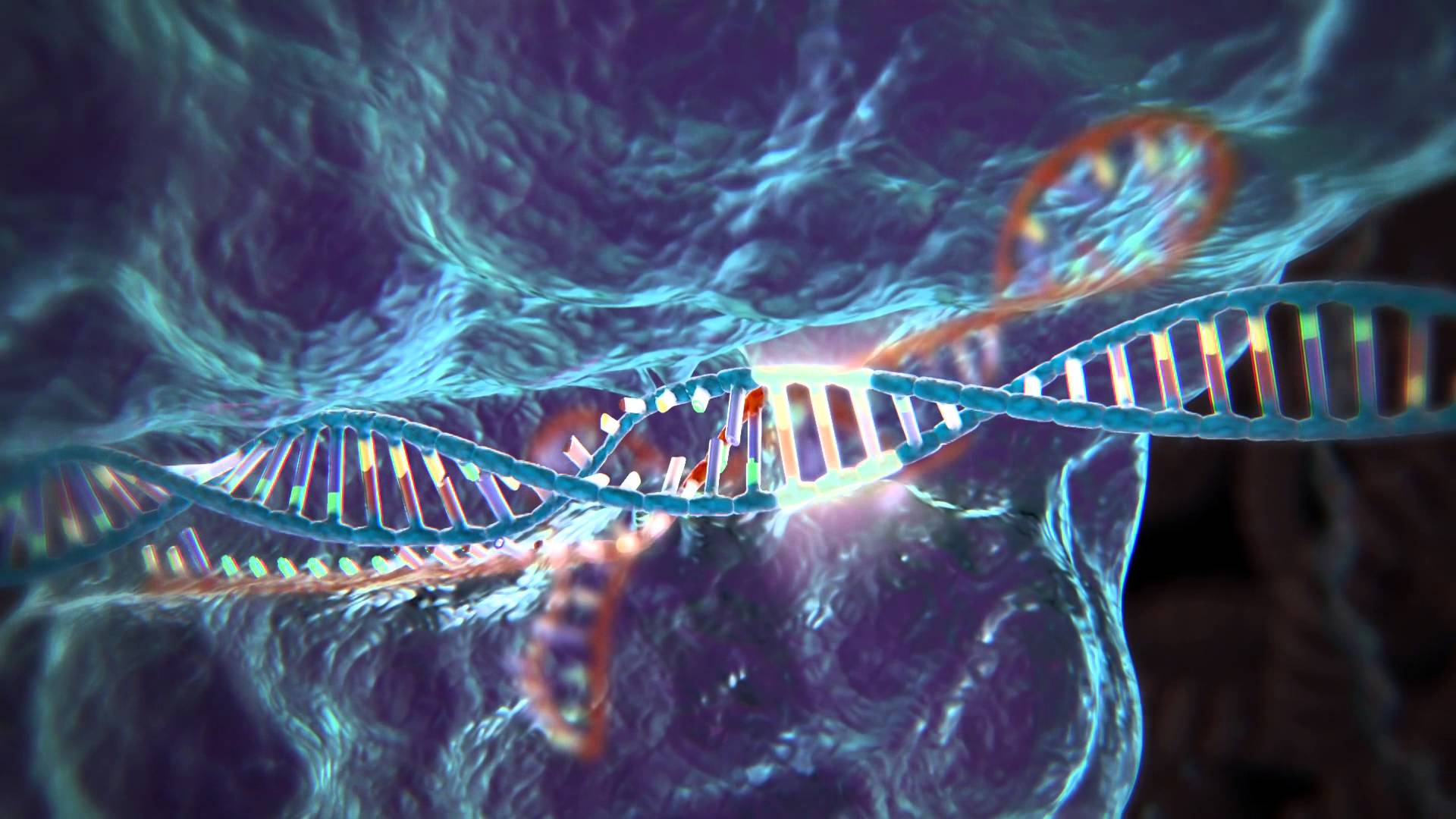
Is the “perfect human” a realistic goal? Well, a new scientific process promises to tweak selected bits of your DNA.
Aug 3, 2016
Universal cancer vaccine on horizon after genetic breakthrough
Posted by Shailesh Prasad in categories: bioengineering, biotech/medical, genetics, particle physics
A universal cancer vaccine is on the horizon after scientists discovered how to rewire immune cells to fight any type of disease.
The potential new therapy involves injecting tiny particles of genetic code into the body which travel to the immune cells and teach them to recognise specific cancers.
Although scientists have shown previously that is it is possible to engineer immune cells outside the body so they can spot cancer it is the first time it has happened inside cells.
Continue reading “Universal cancer vaccine on horizon after genetic breakthrough” »
